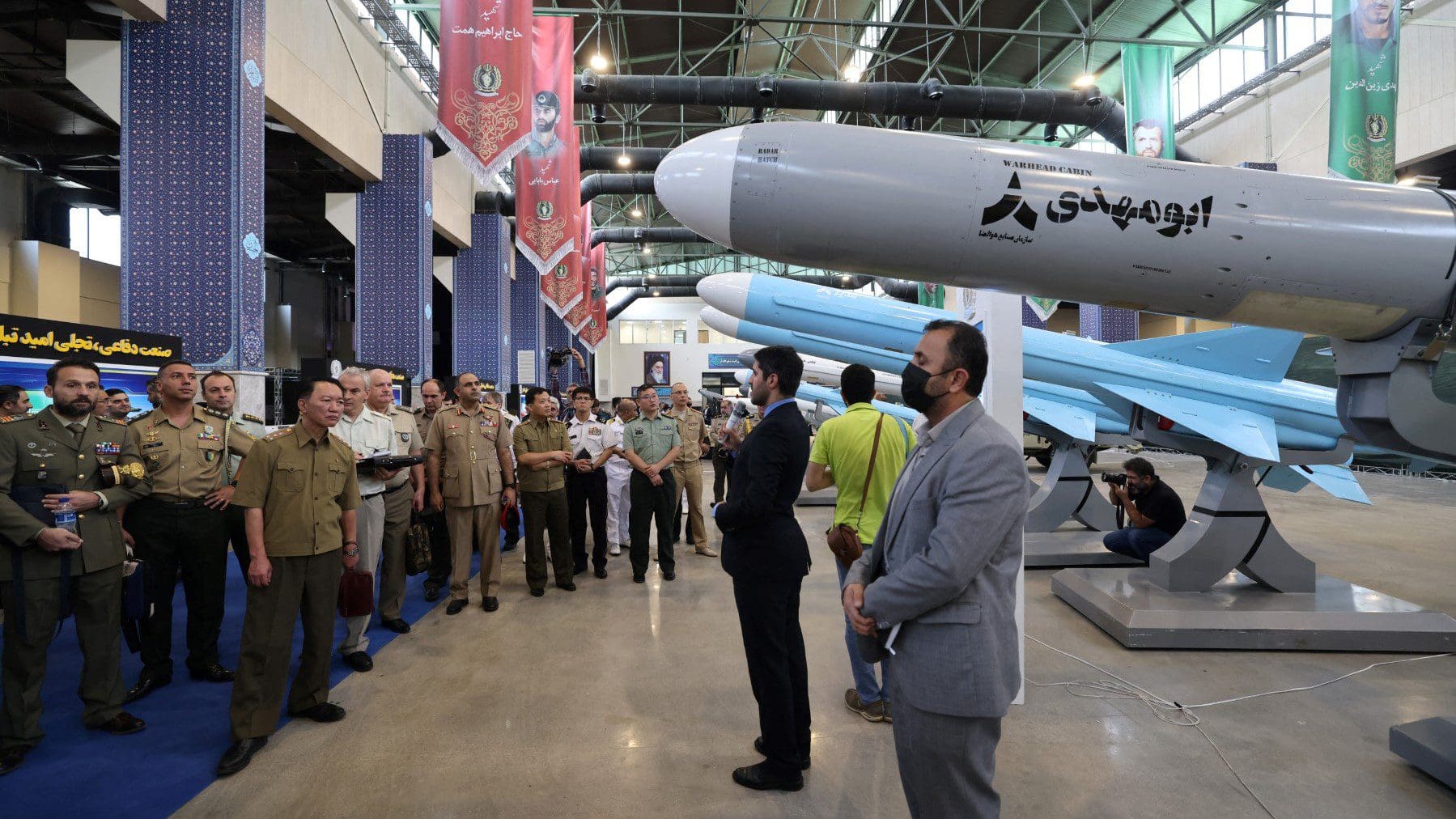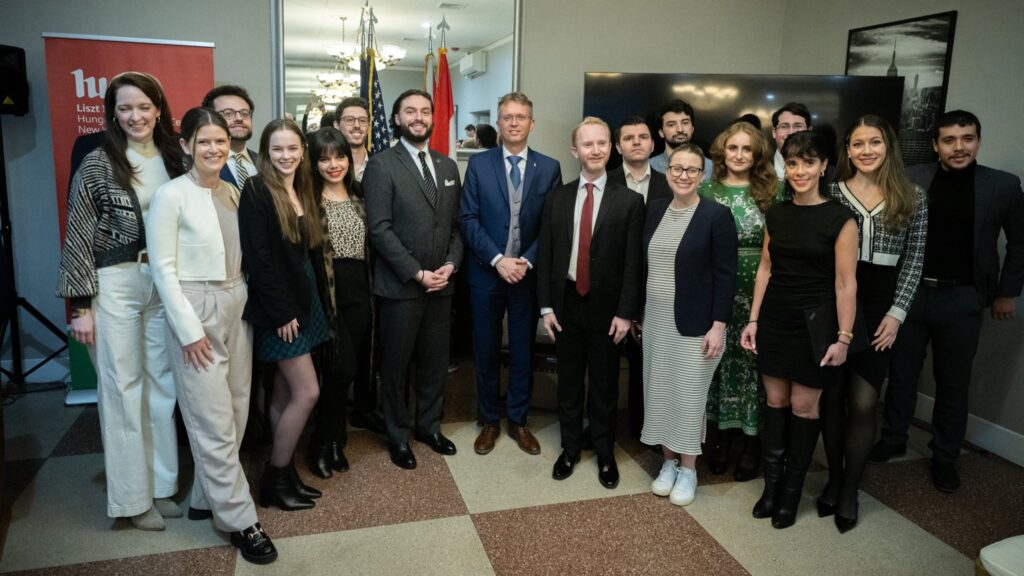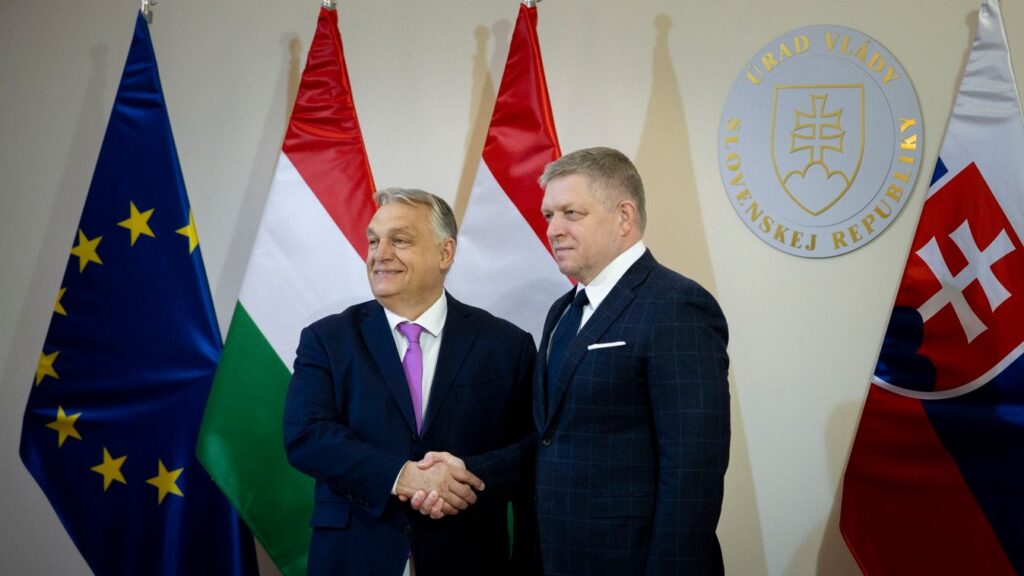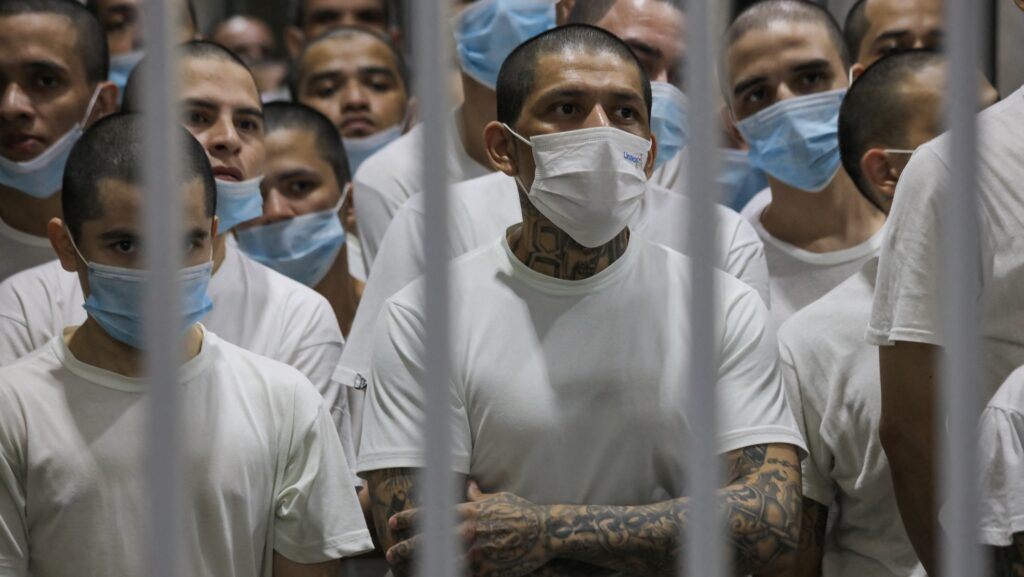In November last year, as part of a meeting of the Hungarian-Iranian Joint Economic Committee, the Islamic Republic of Iran’s Economic Minister Ehsan Khandouzi met the Hungary’s Minister of Foreign Affairs and Trade Péter Szijjártó in order to develop closer economic ties, ‘in line with the policy of common sense and pragmatism.’
‘We’d like Iran to be able to return as soon as possible to the system of peaceful coexistence within the international community’, said Szijjártó after the meeting. He added that Hungary believed that economic cooperation ‘could be a first stage in this return’.
Last month, the 10th of August to be exact, marked the 240th anniversary of the death of the Hungarian nobleman and orientalist Count Károly Reviczky. Eminent for his classical taste and erudition, Reviczky, who mastered a number of languages, among them Arabic, Turkish, and Persian, served as a diplomat on behalf of the Holy Roman Emperor in various posts, including Constantinople. Much taken by Persian poetry, he, in effect,
introduced Šams-al-Din Moḥammad, of Shiraz, (also known as Hafez), a fourteenth celebrated Persian lyric poet, to the European intellectual world
through his book, Specimen poeseos Persicae (published in Vienna in 1771). From thence initiated the Iranian (Persian) studies in Hungary that continue to the present day.
What tends to second-guess many is that for the last forty-four years since the deposition of Shah Mohammed Pahlavi from power, Iran has become a theocratic regime repressing and discouraging any type of independent thinking that contradicts its constitutional sharia-based doctrine of ‘extending the sovereignty of Allah’s law throughout the world (this is in accordance with the Quranic verse “Prepare against them whatever force you are able to muster, and strings of horses, striking fear into the enemy of Allah and your enemy, and others besides them’’. (Sura 8, 60).
Indeed, more so since last year’s protests began in mid-September, set off by the death in police custody of Mahsa Amini, a twenty-two—year-old woman arrested for allegedly violating Iran’s strict Islamic dress code,
the mullahs have become even more draconian in their dealings with the Iranian people.
As recently reported by The Walls Street Journal Iranian authorities are arresting activists and pressuring citizens not to resume anti-government protests, seeking to head off a new outbreak of civil disobedience around the anniversary of last year’s nationwide demonstrations.
Calling for a peaceful reintegration of Iran into the international community is, in theory, the proper thing to do. The red flag, however, as already indicated, is that the theocratic regime in Tehran has other objectives as per its clandestine and shady operations.
Iran’s Deception
Iranian Supreme Leader Ayatollah Khamenei, under the pretension that, as detailed by the 2015 Joint Comprehensive Plan of Action (JCPOA) or the Iran nuclear deal, his country’s enrichment of uranium is to harness nuclear energy and not to manufacture a nuclear bomb, stated that Islamic law prohibits the production or use of nuclear weapons. On his official website, he declared:
‘Both sharia and aqli [related to logic and reason] fatwas — a religious decision made by mufti (Islamic scholar who is an interpreter or expounder of Islamic law) — dictate that we do not pursue them’.
Dr Majid Rafizadeh, President of the International American Council on the Middle East, explains, the aforementioned ‘fatwa of banning nuclear weapons has been the Iranian regime’s answer on international stage to prove that their nuclear program is solely for peaceful purposes.’ When Iranian Foreign Minister Javad Zarif met with US Senator Rand Paul, in 2019, for example, Zarif told Paul about Iran’s unwillingness to seek nuclear weapons precisely because of Khamenei’s fatwa.
Other world leaders, such as then President Barack Hussein Obama, also bought into the Supreme Leader’s fatwa to support Iran’s claim that it does not want a nuclear bomb. Obama, in an attempt to reach a nuclear deal and appease the Iranian regime, went so far to say during his address to the UN General Assembly in 2013 that ‘The Supreme Leader has issued a fatwa against the development of nuclear weapons.’
It must be known that the Iranian Shi’ites are masters of taqiyya (the art of deception or lying)
and have led the international community to believe that Iran, notwithstanding its sponsor of terrorism, is a true friend of the Christian West and the rest of humanity.
According to a report by the United Nations Atomic Agency, the mullahs have continued to build up its stockpile of low-enriched uranium and now holds roughly twelve times the amount permitted under nuclear deal. The regime only got stronger as it accelerated its nuclear ambitions, especially since Washington did not have a constant follow-up plan, other than failed sanctions, to deter Iran after then President Donald Trump pulled the US out of the Iran nuclear deal.
The report’s findings underscore the challenge the Biden administration faces in persuading Tehran to return to the 2015 nuclear deal. In any case, according to former White House security official Richard Goldberg, at least $16 billion has now been made available to Iran without any congressional input—and more might be on the way. Another $6.7 billion is reportedly moving to Iran via the International Monetary Fund Special Drawing Rights… and reportedly…another $3 billion of regime assets frozen in Tokyo. India and China…’.
Last month the Biden administration released $6 billion in frozen Iranian oil revenues is to release American citizens who were held as hostages in Iran. The regime hailed it as one of ‘honourable diplomacy’,
notwithstanding the decades long US counterterrorism policy that Washington should not pay terrorists.
The US insists that the monies will be used only for humanitarian purposes with the apparent assurance that Qatar, which is a nominal US ally and an Iranian partner, will supervise ensure the $6 billion are not diverted to the Islamic Revolutionary Guard Corps or other such organisations.
Incidentally, this is not the first time the US has carried out business with the theocratic regime. In the 1980s under the Reagan administration, in what became known as the Iran-Contra Affair, the US secretly sold arms to Iran in return to both liberate Americans taken hostages by Shi’ite terrorists in Lebanon loyal to Iran and to secure funds for the Contras in Nicaragua who were trying to overthrow the Sandinista regime.
The Oppression Continues
Today Iranian students studying in Hungarian universities number two-thousand, and this is something positive if Iran is ever going to be integrated into the international community. Yet much has changed in Iran since the days of Károly Reviczky. The oppression continues. Just last week Iranian weightlifter Mostafa Rajaei was banned from the sport for life
after he was seen shaking hands with an Israeli competitor Maksim Svirsky.
The rapport between the governments of the world and Iran cannot be limited to the financial sector; they must address Iran’s brutal crackdowns of its own population, its sponsorship of global terrorism, its setting up a parallel-state within Lebanon, Syria, and Yemen, its militia forces in Iraq, which with the assistance of the Badr Organization occupy government posts imposing their sharia-based tenets, and its delivery of weapons to Russia to use against Ukraine. Then, and only then, can there be a proper socio-cultural integration, at least on the academic level, as Károly Reviczky laid out. Anything else would tend to be appeasement.








